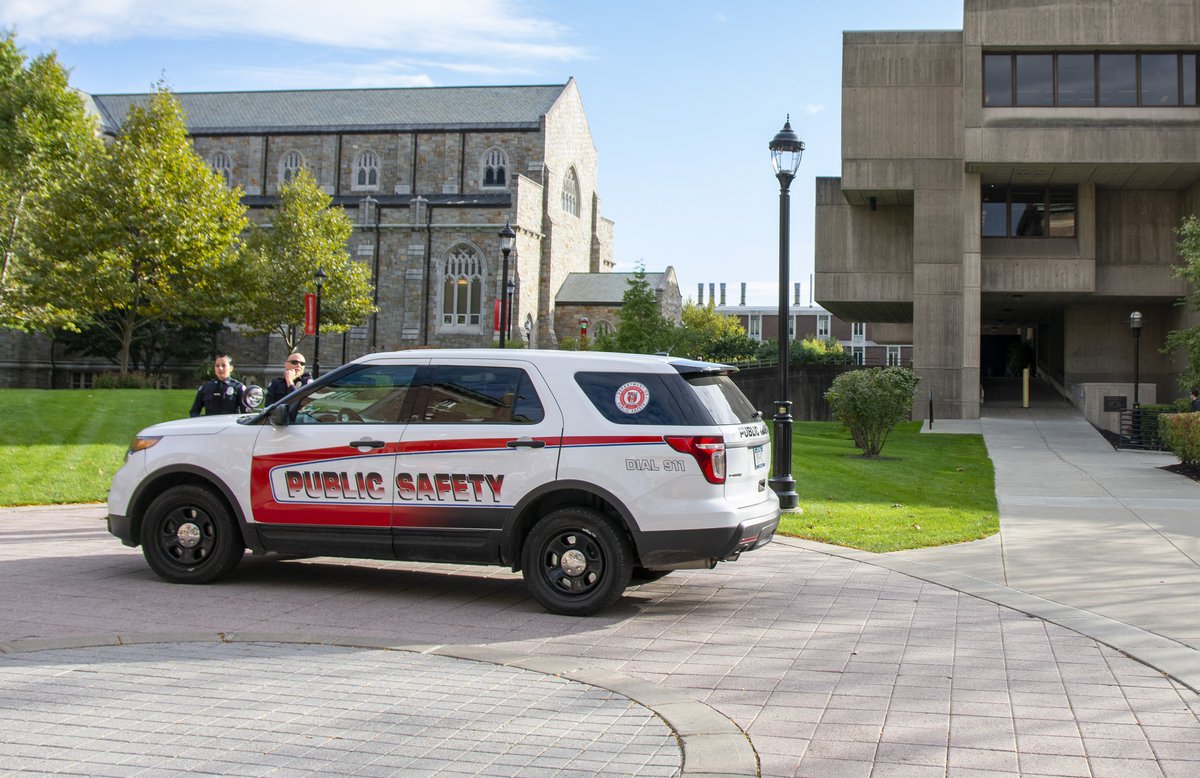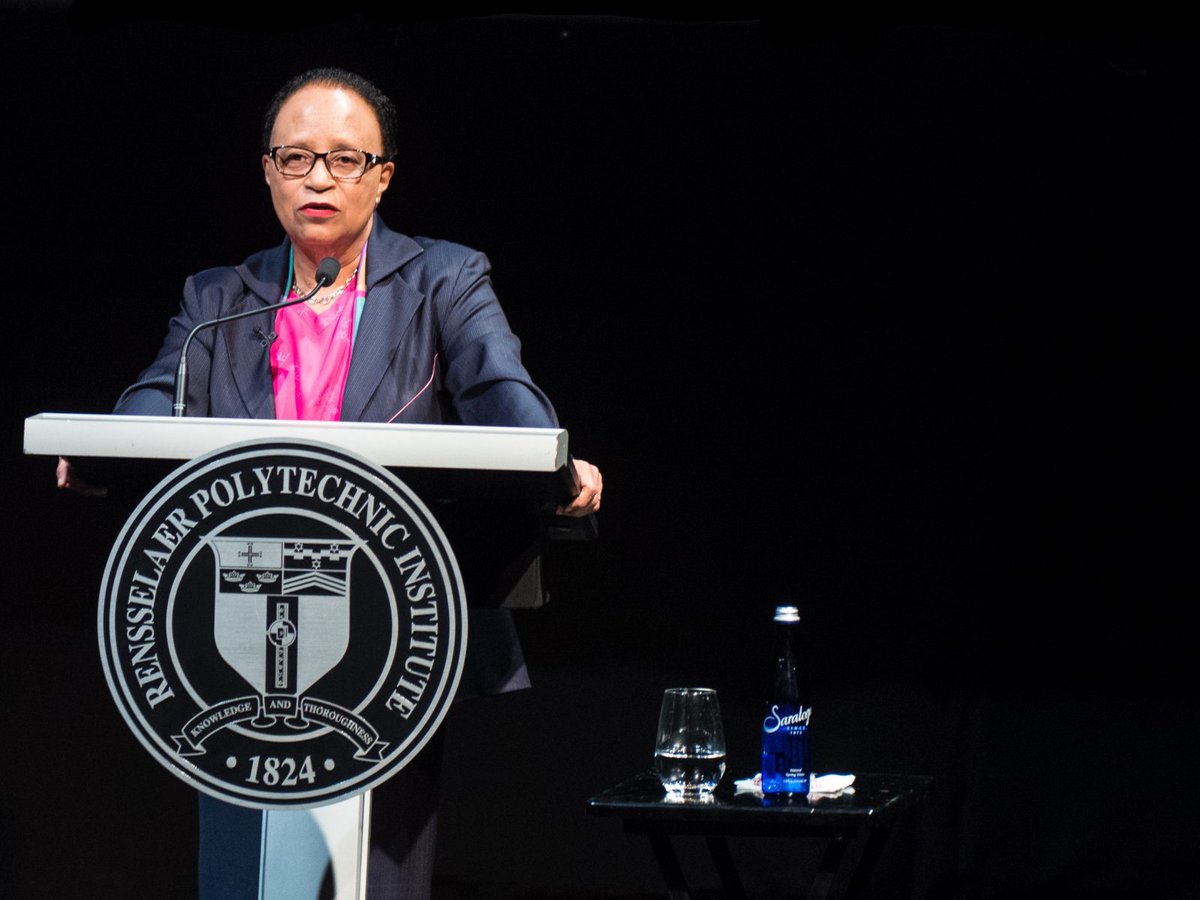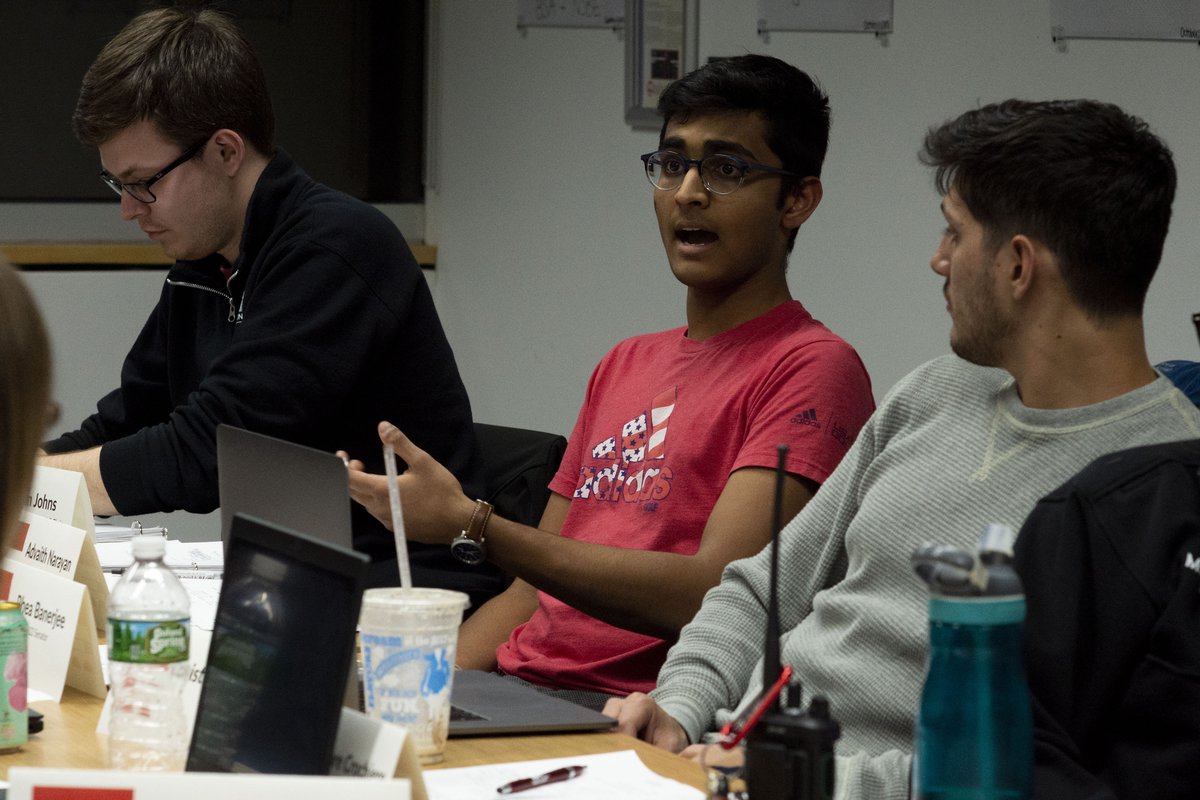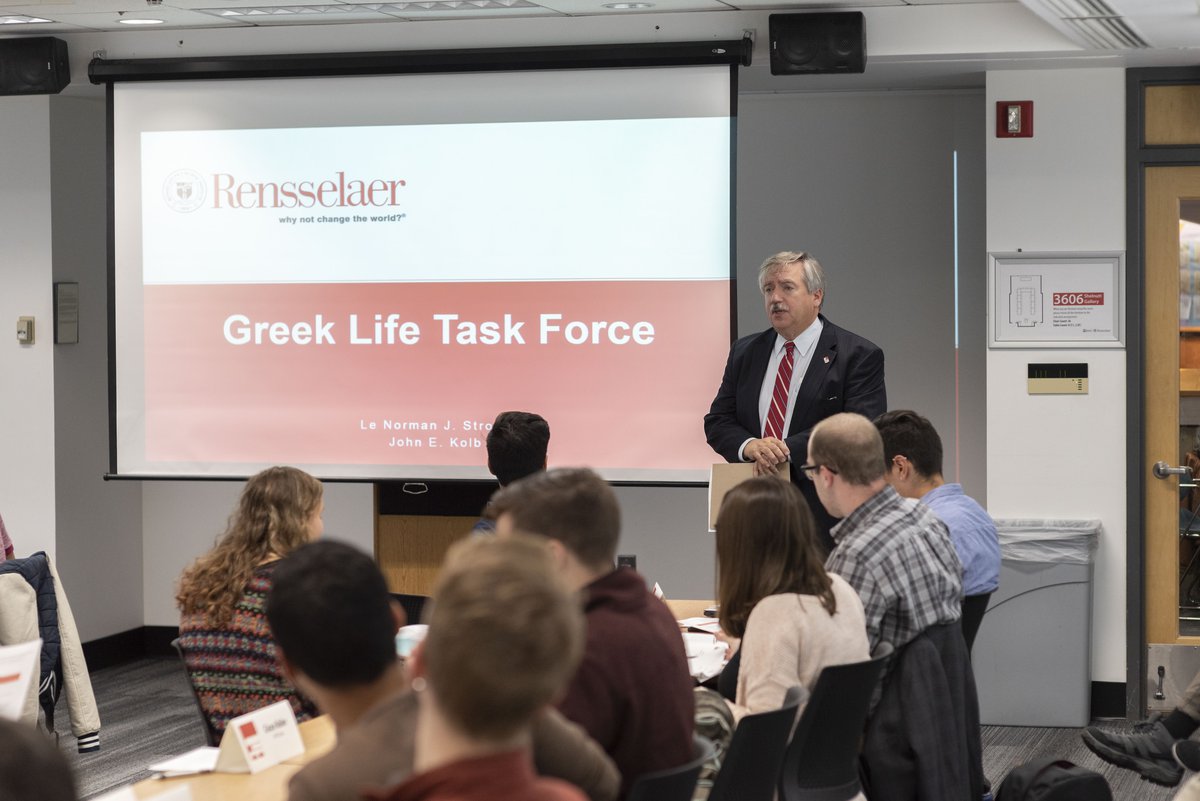Rensselaer lobbied for peace officer bill to expand PubSafe powers

Rensselaer lobbied for the New York State Senate bill that would grant peace officer status to certain public safety officers, which was posted publicly on the government website earlier this month and sparked concern in the RPI community. There has been no communication about this initiative to the student body, besides the bill’s posting.
According to reports filed with the NYS Joint Commission on Public Ethics, RPI paid $22,000 to Manatt, Phelps, & Phillips, LLP to lobby Senator Neil Breslin, Assemblymember John McDonald, and members of their staff for the peace officer state bill, S7645. This occurred over the span of two bi-monthly reports—in which the firm was compensated $11,000 twice—which covered September to December in 2019. RPI also registered Associate Vice President for Public Safety Vadim Thomas as a lobbyist during this time.
An average of $242,534 was spent per year on total lobbying expenditures from 2014 to 2017, according to RPI’s tax returns filed for 2017.
Thomas and Director of Community and State Relations Chris Nolin did not respond to questions about why they lobbied for this bill and if community input on this issue was sought prior to lobbying.
In a call with a group of RPI students, Matthew Barron—the legislative director for Senator Breslin—said the purpose of this bill is twofold: to increase the safety of the RPI community and to relieve some of the workload pressures that RPI can place on the Troy Police Department.
Currently the police department must be called in for certain situations outside of the Department of Public Safety’s jurisdiction as outlined in New York State Law. Barron said that Thomas approached this bill to him as a solution for preserving the valuable time that could be lost during the wait for the police to arrive, especially with regard to gun violence threats or mental health issues.
On a later call with The Polytechnic, Barron explained that the firm representing RPI—Manatt, Phelps, & Phillips, LLP—had organized the meetings between himself and Thomas, and that this is common practice. He also said that Breslin did not receive any donations related to the bill.
“The important part that we were trying to solve is, god forbid, there’s someone with a mental health issue that says they’re gonna harm themselves. We wanna kinda make sure that that can be handled quickly so no other students are harmed,” explained Barron.
It is currently unclear how often RPI requires Troy Police Department assistance and if this would have an impact on the department’s workload.
People granted peace officer status would have expanded powers in the areas of making warrantless arrests and using physical force to make arrests. Peace officers are authorized to use deadly force while making arrests, while private college security officers can only use deadly force when “he or she reasonably believes such to be necessary to defend himself or herself or a third person” from others’ use of deadly force. They would be granted newfound powers to “carry out warrantless searches whenever such searches are constitutionally permissible.”
The bill would also expand the officer’s geographic area of authority from “real property owned by or under the control of the college” to “property owned, controlled, or administered by RPI, on any public street and sidewalk that abuts such grounds, buildings or property.” The chief law enforcement officer of the Troy Police Department could also expand this area with their approval “to transport a person in custody who is in need of emergency mental health services or following an arrest.”
Peace officers are granted the power to possess firearms, while private college security officers may carry and utilize police batons and noxious materials, such as pepper spray. The RPI-specific peace officer bill, S7645, says that officers are not authorized to carry or possess a firearm “unless the appropriate license therefor has been issued pursuant to section 400.00 of the penal law.” Barron, in his call with students, said there would be “no firearms of any sort,” but it is unclear from the wording of the bill if RPI peace officers would be permitted to carry firearms if they were already authorized in accordance with the penal law.
In order to qualify for peace officer status, individuals would have to be designated by the RPI president and the Board of Trustees, complete at least 332 hours of additional training, and finish a course in public and private law enforcement.
According to Barron, peace officers would not be subject to the Freedom of Information Law. Rensselaer would be liable for its peace officers and, as a private institution, could volunteer any information, but would not be required to unless otherwise stipulated in S7645.
Multiple people expressed discontent with the bill during the Student Senate meeting on Monday, after it was posted on Reddit and Facebook by students. “Just [from] preliminary talks with my committee, we’re all vehemently opposed to this bill and we’d like to have a discussion,” said Facilities and Services Chairperson Nick Dybas ’20.
Dybas postponed meet and greets with public safety officers to keep distance between Student Government and the administration surrounding the endorsement of the bill and to prevent casual conversations about it before it’s discussed in a more formal manner. Dybas said these events, like “Cookies with Cops,” exist so that students can meet with officers in a relaxed environment.
“There’s a lot of concern for safety, which is why they want to go forward with this— giving increased power to public safety—but it is the opinion of the committee that there are other ways to do this through community development and not infringing on the civil liberties, rights, of most students on campus and off campus,” said Dybas during the meeting.
Other RPI students expressed concerns about administrators’ history concerning student rights—specifically how RPI is frequently criticized by the Foundation for Individual Rights in Education for its censorship and how protests were restricted on campus—in a group phone call with Barron.
On a follow-up phone call with The Polytechnic, Barron stressed that this bill is not moving quickly and potential amendments are being explored. He plans to look into other schools with this bill to see how they outline the powers and duties of peace officers in order to “tighten up the legislation a little bit.”
“When we set out to do this, we definitely didn’t want to insert ourselves between the administration and the students,” said Barron.
Barron told The Polytechnic that he mentioned to RPI administrators on a phone call earlier in the day that “it might be worth having a meeting with the students about this bill, just sitting down and going through why it’s necessary.” Barron continued, “I said, ‘maybe you should look into that and just kind of help some student concerns.’”
There will be a presentation about the bill in the Student Senate on Monday, February 17 at 8 pm in the Shelnutt Gallery of the Union. According to members of the Senate, Thomas will be present.

 Town Meeting
Town Meeting
 Town Meeting
Town Meeting
 Rensselaer Union
Rensselaer Union
 Greek Life
Greek Life